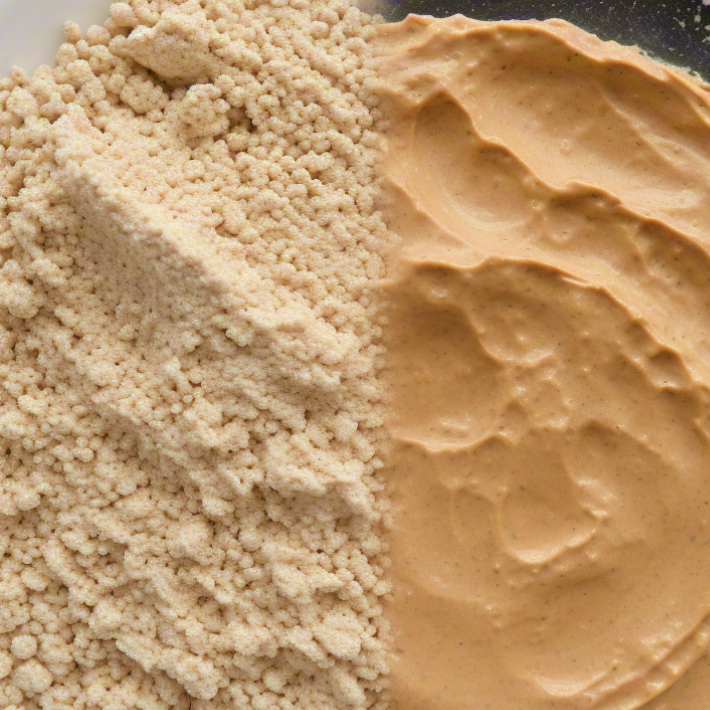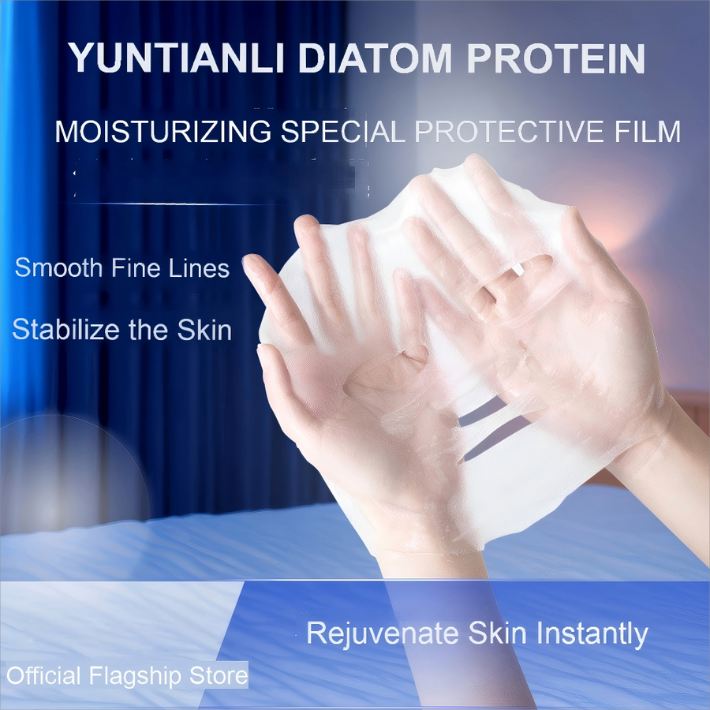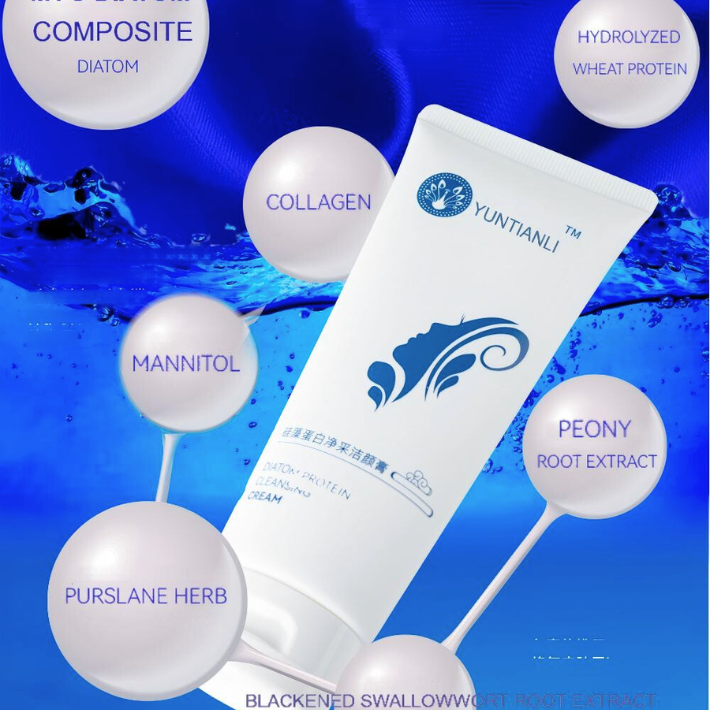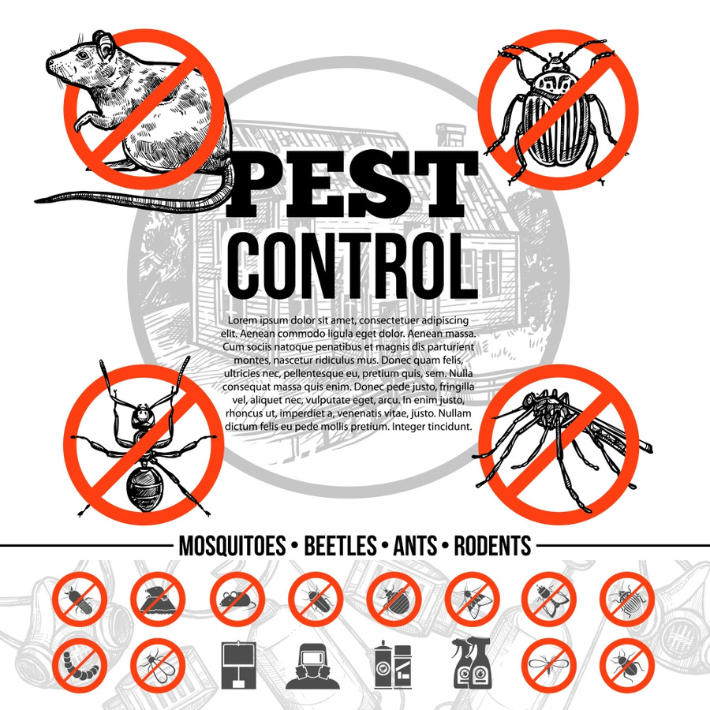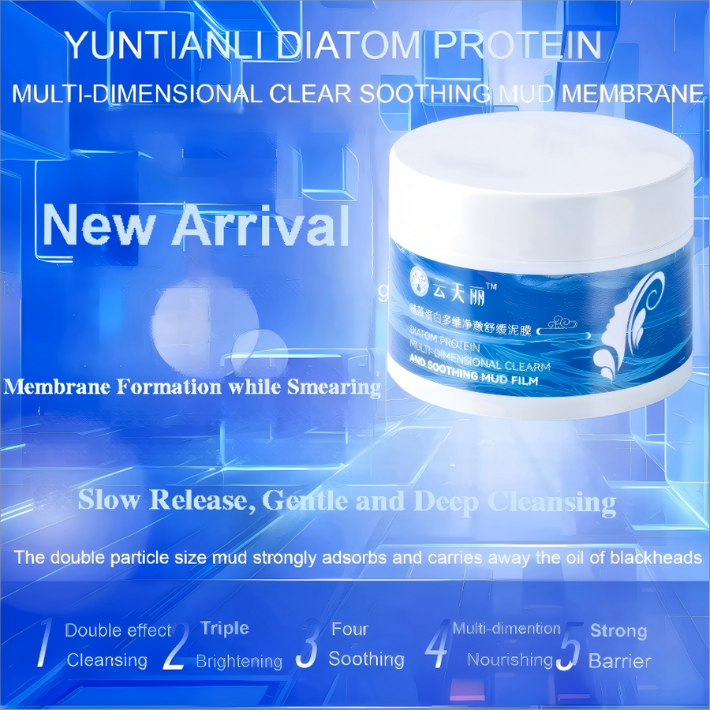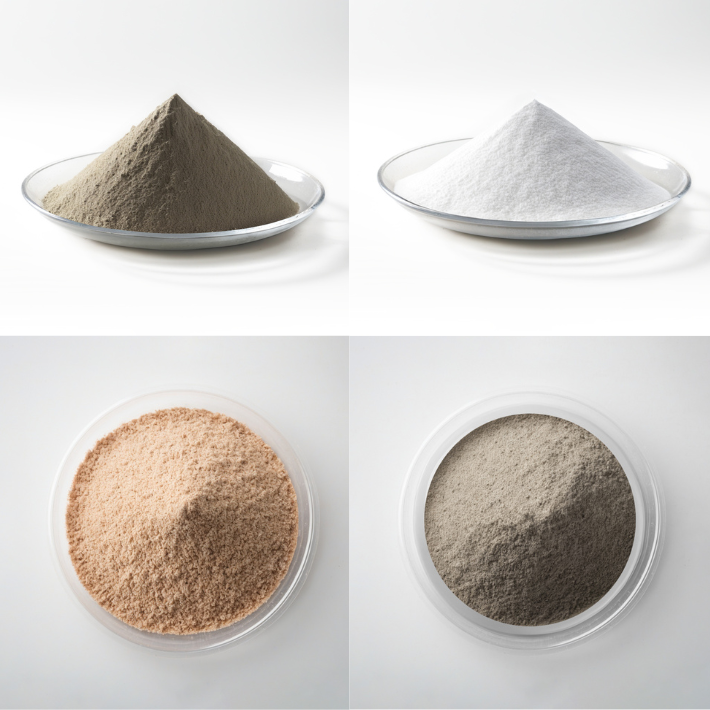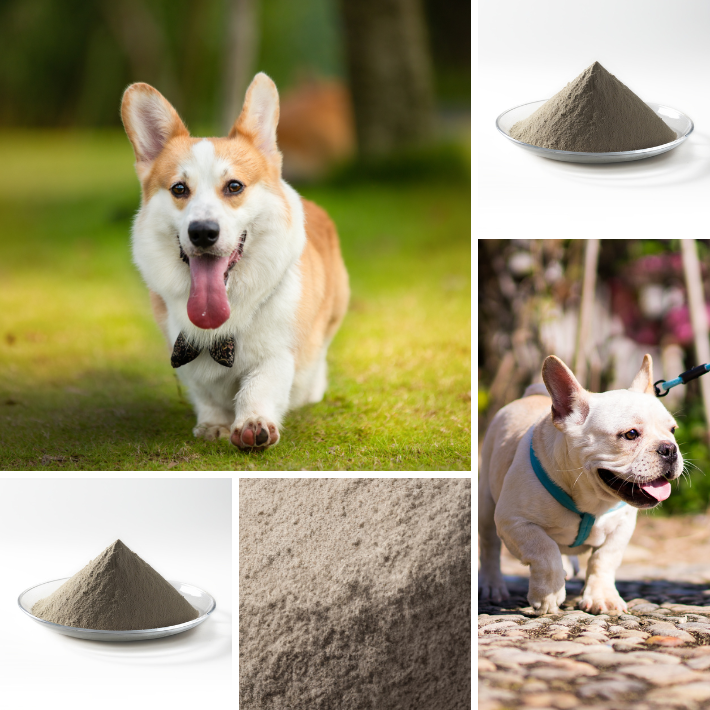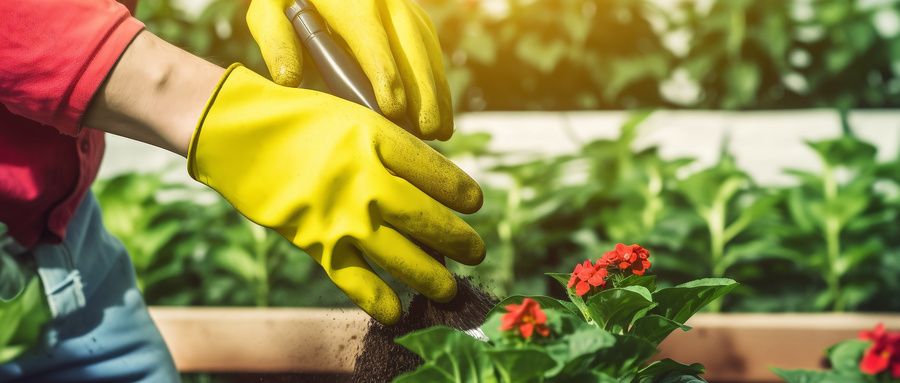
Why Every Gardener Should Use Diatomaceous Earth for Organic Gardening
Explore the benefits of using diatomaceous earth for organic gardening, a natural and effective solution for pest control, soil enrichment, and fungal prevention. Learn how this product can improve plant health, protect your garden from harmful insects.
Introduction
Organic gardening is more than just a method—it’s a philosophy that promotes sustainability, environmental responsibility, and chemical-free growing. Many gardeners seek natural solutions to common gardening problems, from pest control to soil enrichment, without resorting to synthetic pesticides and fertilizers.
One of the most effective and versatile natural solutions available is diatomaceous earth for organic gardening. This silica-rich, fossil-based powder has gained popularity among organic gardeners for its ability to protect plants, improve soil health, and keep pests at bay—all without harming the environment.
Companies like Matex YG, a trusted manufacturer of high-quality diatomaceous earth (DE) products, provide gardeners with the best options for natural gardening solutions. But why should every gardener use DE? What makes it such a powerful tool in organic gardening?
- In this in-depth guide, we’ll explore:
What diatomaceous earth is and how it works
The benefits of using diatomaceous earth for organic gardening
How Matex YG provides high-quality DE for gardening use
The best application methods for optimal results
Answers to common questions about DE
If you're looking for an eco-friendly, safe, and effective way to improve your garden, read on!

What is Diatomaceous Earth?
Understanding the Origin of Diatomaceous Earth
Diatomaceous earth is a naturally occurring, fine powder made from the fossilized remains of diatoms, which are microscopic aquatic algae. These organisms have silica-based cell walls, and over millions of years, their skeletons accumulated in sedimentary rock formations. These deposits are mined, processed, and refined into diatomaceous earth, which is then used in various applications, including organic gardening.
Types of Diatomaceous Earth
There are two primary types of DE, each with distinct uses:
1.Food-Grade Diatomaceous Earth
Safe for humans, pets, and plants
Used in organic gardening, livestock feed, and human health applications
Approved by the Organic Materials Review Institute (OMRI) for organic farming
2.Industrial-Grade Diatomaceous Earth
Used in filtration systems, construction materials, and pest control
Not safe for consumption or direct use in gardens
When selecting a diatomaceous earth product for organic gardening, always choose food-grade DE from reputable manufacturers like Matex YG to ensure safety and effectiveness.
The Benefits of Using Diatomaceous Earth for Organic Gardening
Diatomaceous earth is a true multi-functional gardening aid. Whether you're dealing with pests, struggling with soil health, or trying to prevent fungal diseases, DE has a role to play. Let’s explore its key benefits.
1. Natural and Non-Toxic Pest Control
One of the most well-known uses of diatomaceous earth for organic gardening is its natural insecticidal properties. Unlike chemical pesticides, DE works through mechanical action rather than poisoning insects.
How Does DE Kill Pests?
When insects come into contact with DE, the fine silica particles:
Pierce their exoskeletons, causing dehydration
Absorb moisture and oils from their bodies, leading to death
Work without harming beneficial insects like bees and ladybugs
Common Garden Pests Controlled by DE
Diatomaceous earth is highly effective against a range of pests, including:
- Aphids – DE prevents these sap-sucking pests from damaging leaves.
- Slugs & Snails – The sharp particles deter these slimy garden invaders.
- Ants – Works as a natural barrier to keep ants away from plants.
- Beetles – DE disrupts their feeding and movement.
- Caterpillars – Prevents them from destroying foliage.
2. Soil Enrichment and Plant Health
Beyond pest control, diatomaceous earth for organic gardening is also an excellent soil amendment. DE is rich in silica, a crucial mineral that:
Strengthens plant cell walls, making plants more resilient
Improves root structure, leading to healthier growth
Enhances nutrient absorption for stronger, more productive plants
Soil Benefits of Adding DE:
- Improves aeration – Prevents soil from becoming too compacted
Enhances moisture retention – Helps soil hold water longer, reducing watering needs
Boosts soil drainage – Prevents waterlogging, reducing root rot risk
3. Fungal and Mold Prevention
Excess moisture can lead to fungal issues like powdery mildew, root rot, and damping-off disease in seedlings. DE helps by:
Absorbing excess moisture, creating an inhospitable environment for fungi
Acting as a natural drying agent, keeping soil and plant surfaces dry
Preventing mold growth, particularly in humid climates
4. Eco-Friendly and Safe for Organic Gardening
Many commercial pesticides contain harmful chemicals that can:
- Pollute water sources
- Harm pollinators and wildlife
- Pose health risks to humans and pets
- Diatomaceous earth, on the other hand, is:
100% natural and biodegradable
OMRI-approved for organic use
Safe for pets, children, and beneficial insects
By using DE, gardeners reduce their reliance on synthetic pesticides and contribute to a healthier ecosystem.
Matex YG: A Leading Provider of High-Quality Diatomaceous Earth
When choosing diatomaceous earth for organic gardening, product quality matters. Matex YG is a top manufacturer of food-grade diatomaceous earth, supplying high-purity DE that meets organic farming standards.
Why Choose Matex YG?
Purity & Effectiveness – Contains high levels of silica, maximizing plant benefits
Ultra-Fine Powder – Ensures better coverage and effectiveness in pest control
OMRI-Certified – Meets the standards for certified organic farming
Long-Lasting Protection – DE remains effective as long as it stays dry
By choosing Matex YG’s high-quality DE products, organic gardeners can protect their plants and improve soil health without compromising environmental safety.

How to Use Diatomaceous Earth for Organic Gardening
To maximize the effectiveness of diatomaceous earth (DE) in your garden, it’s important to apply it properly. Here’s a detailed guide to using DE for various purposes in organic gardening:
1. Pest Control Application
Identify Infestation Areas: Before applying DE, carefully inspect your garden for signs of pest activity. Look for insects such as aphids, slugs, or beetles on leaves, stems, or the soil.
Dust Plants Lightly: Use a duster, hand-held applicator, or simply sprinkle DE over the affected plants. Apply a thin, even layer to the leaves and stems of plants, as well as the surrounding areas.
Apply to Soil: Create a barrier around the base of plants. This will prevent pests like ants, snails, and beetles from crawling up to your plants and causing damage.
Reapply After Rain or Watering: Since DE works through dehydration, it needs to remain dry to be effective. After rainfall or watering, reapply DE to ensure continuous protection for your garden.
2. Soil Amendment
Mix with Soil: Before planting, mix 1–2 tablespoons of DE per gallon of soil. This will help improve soil texture, drainage, and aeration, and add much-needed silica, which is essential for healthy plant growth and strong roots.
3. Foliar Spray for Broad Coverage
Create a Spray Solution: Mix 2 tablespoons of DE per gallon of water.
Apply to Leaves: Use a sprayer to lightly coat the leaves of plants with the DE mixture. As it dries, it will form a fine powdery barrier that deters pests and helps prevent mold and mildew growth.
By following these application methods, you can maximize the benefits of diatomaceous earth for healthier, more resilient plants in your organic garden.
Common Questions About Diatomaceous Earth in Organic Gardening
1. Is Diatomaceous Earth Safe for All Plants?
Yes! It can be used on vegetables, herbs, flowers, and fruit trees without harming them.
2. How Often Should I Apply DE?
Every 7–10 days for pest control.
Once per planting season for soil improvement.
3. Does DE Harm Earthworms?
No! Unlike insects with exoskeletons, earthworms have a mucous coating that protects them.
4. Can DE Be Used Indoors?
Yes! It’s safe for greenhouses, potted plants, and indoor gardening.
Conclusion
Diatomaceous earth is an essential tool for organic gardeners. It provides natural pest control, improves soil health, prevents fungal diseases, and supports sustainable gardening practices.
For high-quality diatomaceous earth, Matex YG offers trusted products that meet the needs of eco-conscious gardeners.




